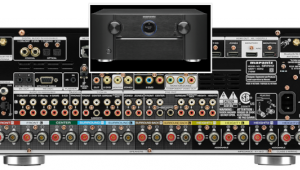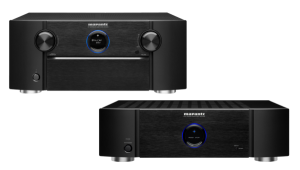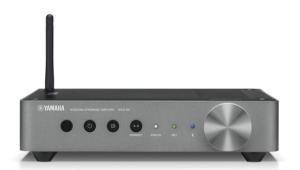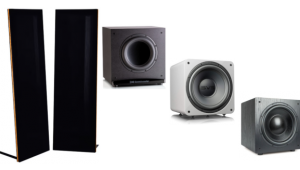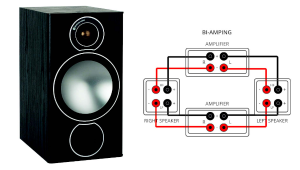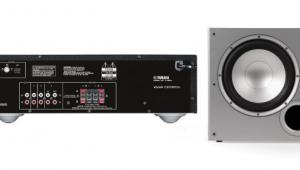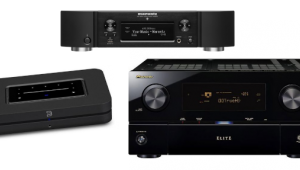HDMI CEC or Universal Remote
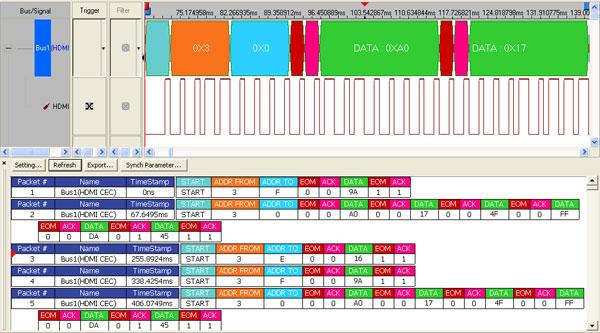
Simon Leach
HDMI CEC (Consumer Electronics Control) is a bidirectional communication protocol that sends command and status codes between multiple devices connected via HDMI. (The computer screen shot above is a representation of a CEC message.) This allows one remote to control all the connected devicesat least in principle. As far as I've seen, the most basic functions, such as power on/off, channel up/down, volume up/down, and mute, are widely supported. However, manufacturers can choose to implement any, all, or none of the CEC codes in their products, so there's no way to know ahead of time which ones will work with a given set of devices.
As you allude, different manufacturers have different names for CECSamsung calls it Anynet+, LG calls it SimpLink, Sony calls it Bravia Link or Bravia Sync, and Panasonic calls it HDAVI Control, EZ-Sync, or Viera Link. If all the components are from the same manufacturer, their operation from any one of their remotes is usually more tightly integrated and comprehensive than if they are from different companies, though the basic commands mentioned above will probably work.
I think that a good universal remote is a better solution, since it does not rely on how CEC is implemented in each device. For do-it-yourselfers, I recommend the Logitech Harmony remotes, which are based on activities, such as Watch Satellite, Watch Blu-ray, and Listen to CD. They are programmed online by specifying the make and model of each device as well as which device changes channels and controls volume for each activity. The software then downloads the appropriate codes to the remote via USB.
Most installers I've talked to prefer the remotes from Universal Remote Control (URC) because they offer more flexibility. However, they are much more difficult to program.
If you have an A/V question, please send it to askhometheater@gmail.com.
